-
February 26, 2020 by Total Fire and Safety
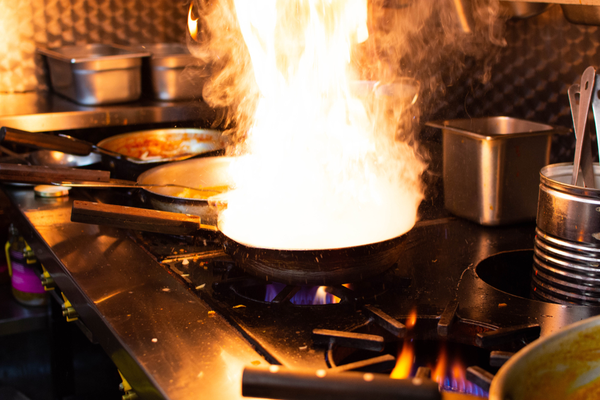
Restaurant fires destroy more than property. Restaurants hold priceless memories of celebrations and firsts, meetings with important people, backgrounds for special announcements or the reliable spot to pick up favorite weekday takeout meals. With a fire, they all go up in smoke—literally. Restaurant fires can be devastating, not only to the owners and patrons, but to the employees as well.
Nearly 8,000 restaurant fires occur each year resulting in $165 million in property damage. According to the NFPA, cooking equipment was the leading cause of restaurant fires (61%), electrical equipment (9%), heating equipment (9%), and smoking materials (7%). What’s the best way to protect your restaurant from a fire? Understand the dangers and prevention measures you can take to skirt disaster in your dining or takeout establishment.
DANGER:
Exhaust Systems and Ductwork
The vents and fans behind ovens and stoves accumulate a buildup of grease. Since the vents and fans extract flammable vapors, a spark can light grease buildup. Oven hoods above stoves, can also harbor flammable vapors from contaminated cooking air. This can feed through the exhaust system and cause a fire hazard. Also included in these systems are grease traps. Most commercial kitchens are required to maintain a grease trap preventing oils and fats from clogging sewers.
PREVENTION
- Clean all areas daily
- Twice a year, have a thorough hood cleaning by professionals
- Clean grease traps monthly, quarterly, or yearly as mandated by the NFPA
DANGER:
Gas Leaks
Gas leaks are the most catastrophic cause of restaurant fires because they cause an explosion. Gas leaks occur when faulty equipment is unable to support the flow of gas and leaks flammable gas in the air. A simple electrical device can ignite the gas and lead to an explosion.
PREVENTION
- Be alert and detect the signs of a gas leak (gas smell, orange/yellow flames, extinguished pilot lights)
- Perform equipment inspections daily and replacement of worn out equipment
DANGER:
Electrical Problems
Heat from unsafe or poor wiring in switches, sockets, or plugs can spark flammable or combustible materials. Overloading outlets, outdated wiring, and overpowering kitchen equipment can lead to a fire or even explosion.
PREVENTION
- Use only commercial equipment that is up-to-code
- Update wiring that can handle a busy kitchen
In the unfortunate event a restaurant fire occurs, a fire suppression system is your best protection. A restaurant fire suppression system is designed to provide fire protection for restaurant cooking appliances, exhaust hoods, and ducts. A fire suppression system detects fires through heat sensors, often before the kitchen staff does. When automatically discharged, the fire can be suppressed at its earliest stages. The result is minimal damage to the kitchen and minimal equipment down time.
Keep your restaurant kitchen safe from fires by properly installing and maintaining a working fire suppression system and empowering employees with fire safety and response training. It can mean the difference between a localized fire and a major blaze.
If you’re ready to safeguard your kitchen from a restaurant fire, Total Fire and Safety can test, service, and install fire suppression systems. TFS also provides first aid and fire extinguisher training on-site. Give us a call today and let our professionals provide “total” assurance your restaurant is protected from fire. Call us at 630.960.5060.
Category: Business Safety, Fire Equipment Inspections, Suppression system, Total Fire and Safety Tags: commercial fire protection, commercial fire safety, commercial fire suppression, fire and safety equipment, fire and safety needs, fire supression system, Total Fire & Safety | Comments Off on The Dangers and Prevention of Restaurant Fires
-
March 28, 2017 by Total Fire and Safety
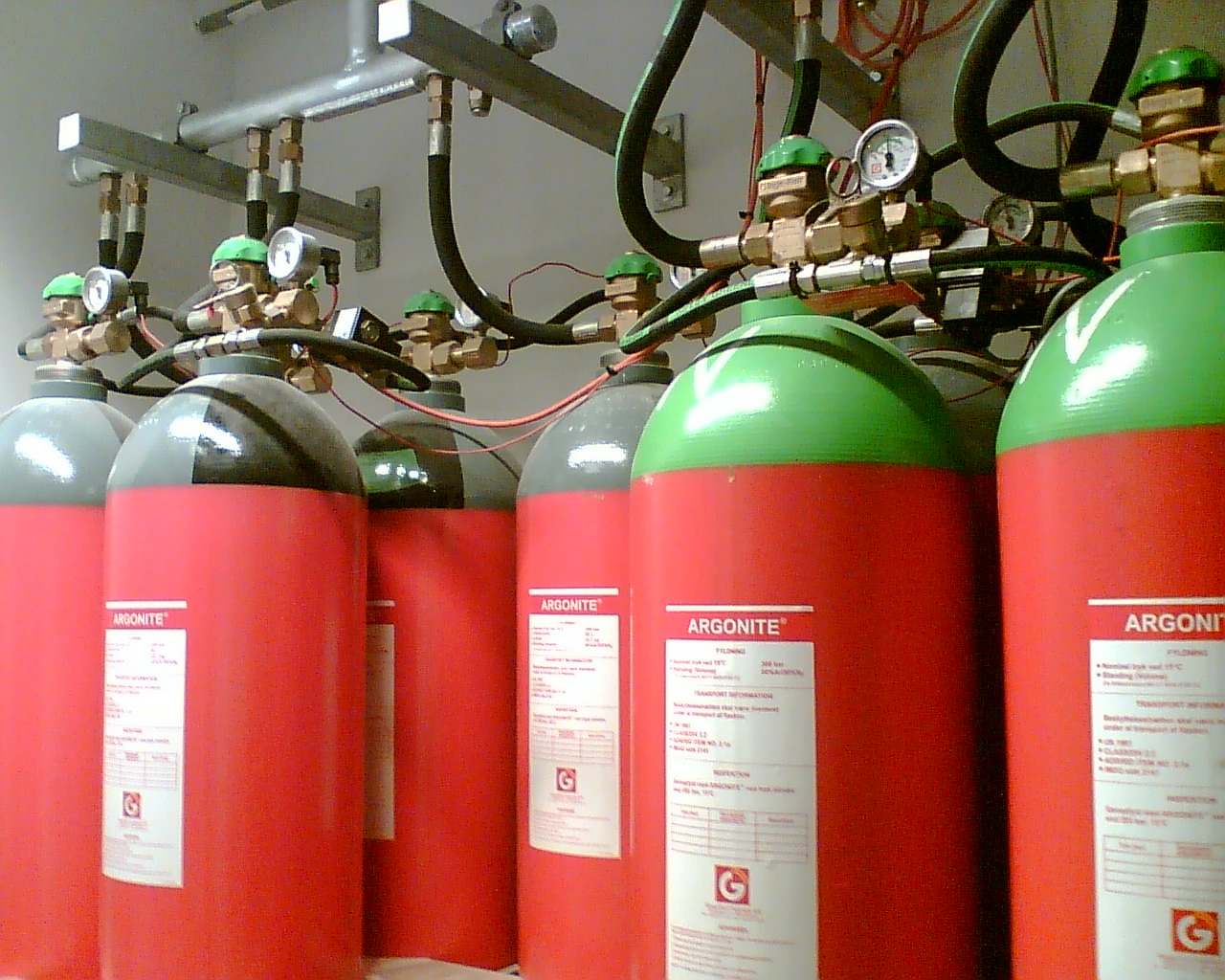
If you have a business that has any sort of valuable electronic equipment, like computers, servers, etc., you need to know about clean agent suppression systems. They are a liquid-free, fire suppression option, unlike sprinklers, that will not harm your electronic devices in the case of a fire and need for fire suppression. Just imagine the damage a sprinkler system would do to your equipment! Clean agents are an excellent alternative for many reasons:
Your computers and data rooms are a fire hazard to begin with. Computers and data rooms need very good ventilation because they can get very hot. The NFPA has specific regulations for computer rooms and electronic equipment areas, because there is a greater risk of fire from electronics.
Your business has a lot to lose from fire damage to electronics. Not only could you lose your equipment, but you could lose crucial data and online business. You could lose millions, literally, in the blink of an eye if a fire rips through the room that stores your equipment.
You won’t have to get soaked with a clean agent. When the system is activated, Halon 1301, a gaseous fire extinguishant, is released into the room. Halon fills the room and extinguishes the fire, but does not leave any residue on surfaces in the room. No mess to clean up afterward… the gas will evaporate and the room will be unharmed.
Because clean agents work by removing oxygen from the room, this kind of suppression system does post some danger to humans. Clean agents are great for rooms that are filled with servers and computers, but not people. There is a risk of suffocation if people are trapped in the room in an emergency situation.
The pros of a clean agent system are many to those areas of your business that require an alternative to sprinklers. At Total Fire & Safety, we are experts in the installation and maintenance of clean agent suppression systems for businesses. If you are considering an installation, contact us at 630-960-5060.
Category: Fire Extinguishers, Suppression system, Total Experience, Total Fire and Safety Tags: clean agent, clean agent suppression, clean agent supression system, Clean Agent System, Clean Agents, commercial fire suppression, fire suppression, fire suppression system, Suppression System | Comments Off on The Best Way to Protect Your Computers: Clean Agent Suppression Systems
-
July 9, 2015 by Total Fire and Safety
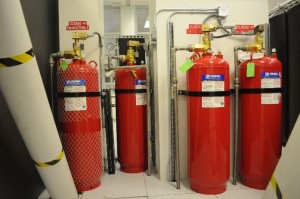 Many businesses are choosing clean agents in order to safeguard their assets- data stored on computers, expensive electronic equipment, and anything that could be destroyed with liquid, especially certain chemicals sometimes found in commercial fire suppression systems. Clean agents are a new kind of suppression system for the 21st century, because they are computer-friendly. These clean agent systems release gaseous chemicals instead of liquid, which prevents electronics from being damaged by a fire suppression system. Clean agent systems are therefore preferred in areas like data processing centers, telecommunications facilities, medical diagnostic rooms, laboratories, clean rooms, museums and art galleries, etc. Many businesses are choosing clean agents in order to safeguard their assets- data stored on computers, expensive electronic equipment, and anything that could be destroyed with liquid, especially certain chemicals sometimes found in commercial fire suppression systems. Clean agents are a new kind of suppression system for the 21st century, because they are computer-friendly. These clean agent systems release gaseous chemicals instead of liquid, which prevents electronics from being damaged by a fire suppression system. Clean agent systems are therefore preferred in areas like data processing centers, telecommunications facilities, medical diagnostic rooms, laboratories, clean rooms, museums and art galleries, etc.
Clean agents work the same way a traditional fire extinguishing agent would, by targeting the heat, oxygen supply, or the chain reaction between these components. However, clean agent suppression systems are unique because they target a third component, the availability of fuel. The gases can isolate the source of the fire’s fuel in order to extinguish it. When used properly, clean agents can be just as fast and as effective as water or other extinguishants that would affect electronic equipment.
There are certain dangers that go along with clean agents, however. Since the gas must fill an area in order to achieve its full effect, the pressure and volume of the gas must be carefully regulated. Suffocation is a possibility if people are trapped in a room when a clean agent system is activated. However, alarms are always in place to alert people in plenty of time to evacuate the area. Another potential danger occurs if the gas creates enough pressure to break walls or windows. Suppression system experts can make sure that the system is adjusted so that the pressure in a room will not reach dangerous levels.
In the case of an accidental activation of the suppression system, a traditional sprinkler system can cause thousands of dollars in property damage. Clean agent suppression systems are a way to avoid this risk while still protecting your business from fire.
If you have questions about the best type of suppression system for your needs, Total Fire & Safety is an expert in installing, inspecting and maintaining these systems. Contact us today for an appointment at 630-960-5060.
Category: Fire Safety, Sprinkler Systems, Total Fire and Safety Tags: Altenative, Clean Agent System, Clean Agents, commercial fire suppression, Eco-friendly, Extinguishants, fire suppression, green, Sprinkler System, sprinklers, suppression, Suppression System, suppression systems | Comments Off on Clean Agent Systems: The Eco-Friendly Fire Suppression Systems
-
May 4, 2015 by Total Fire and Safety
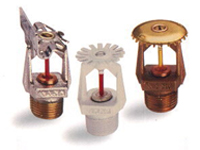 Many people question whether or not a small, concealed space on their premises actually needs a sprinkler. There is a lot of confusion about the matter, and truthfully, it is wise to always seek a professional opinion before installing. NFPA 13 Section 8.15.1.2 describes 18 requirements by which a space can be considered safe without a sprinkler, or sprinkler-exempt. However, in general, concealed spaces that are “sprinkler-exempt” should have one or more of these characteristics Many people question whether or not a small, concealed space on their premises actually needs a sprinkler. There is a lot of confusion about the matter, and truthfully, it is wise to always seek a professional opinion before installing. NFPA 13 Section 8.15.1.2 describes 18 requirements by which a space can be considered safe without a sprinkler, or sprinkler-exempt. However, in general, concealed spaces that are “sprinkler-exempt” should have one or more of these characteristics
Construction that is limited combustible or non-combustible. These types of constructions will greatly reduce the chance of ignition and spread of fire and thus may not need a sprinkler.
Unoccupiable space. If a person cannot potentially do work in the space or occupy it for a time, it may not be necessary to install a sprinkler.
Small, empty spaces or storage spaces that are not used to store combustible materials. These tight quarters are not occupied by people, and if they are not being used to store anything that would ignite or spread fire, they may not require a sprinkler.
Spaces that are inaccessible. If a space is accessible, it could allow storage of combustible materials. If not, the space may be sprinkler-exempt.
If you have a small or concealed space where you do not wish to install a sprinkler, it is best to check with a professional to make sure your decision is within code. This list covers the recurring factors that have the final say in whether a concealed space might need sprinklers installed. For more information, refer to the NFPA 13 document, the website nfpa.org, or call Total Fire & Safety. We offer sprinkler system inspection and installation and can help you determine definitively whether a small space is sprinkler-exempt according to NFPA guidelines. Contact us at 630.960.5060.
Category: Sprinkler Systems, Uncategorized Tags: closets, comercial sprinkler systems, commercial fire suppression, sprinkler systems, sprinklers in business | Comments Off on Sprinklers in Small Spaces: Do You Need One?
|
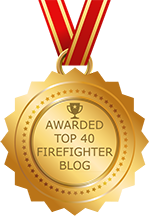
|
|
|
|
|
|

 Facebook
Facebook
 Instagram
Instagram
 LinkedIn
LinkedIn



